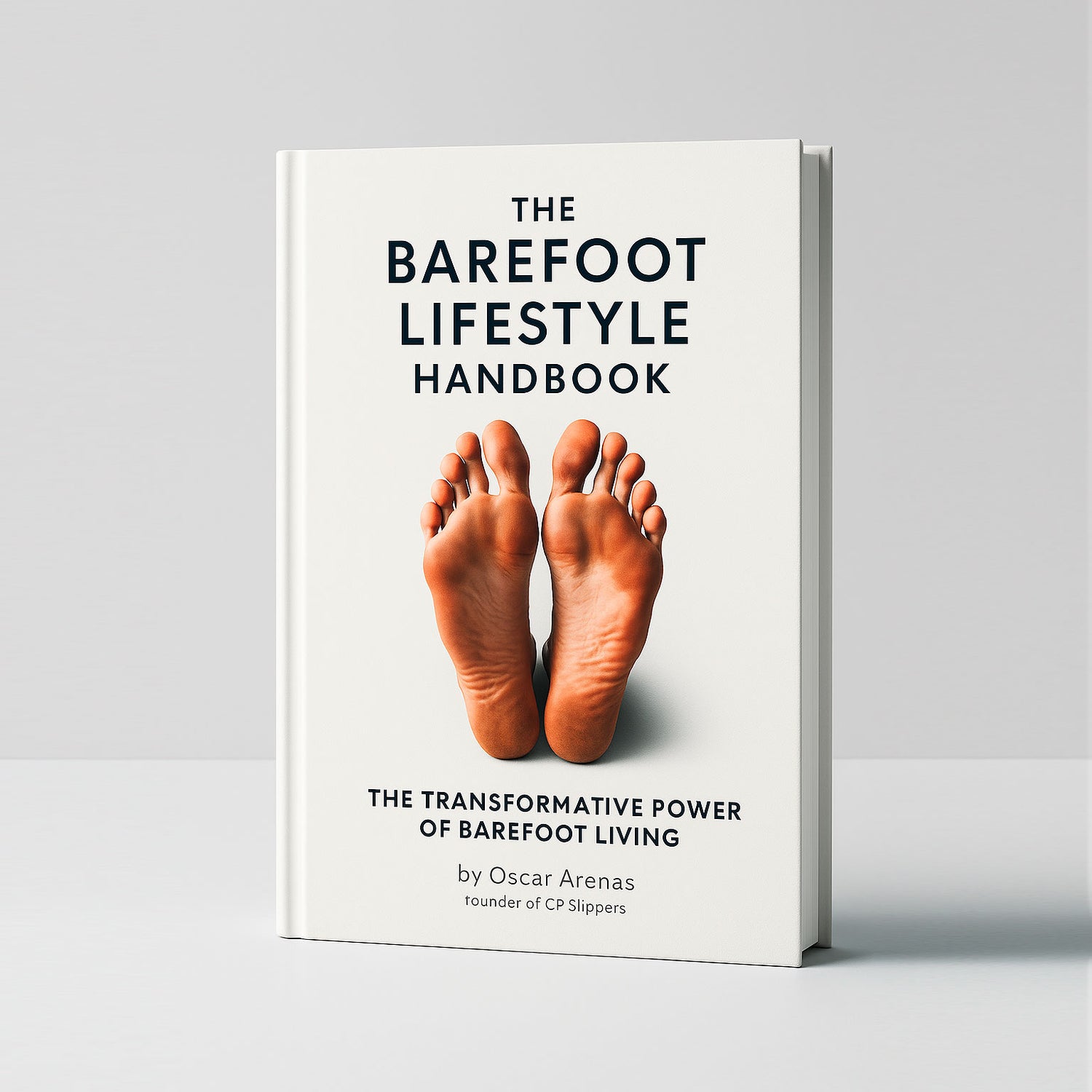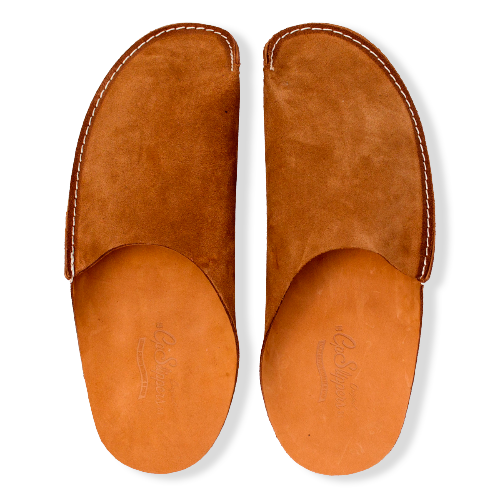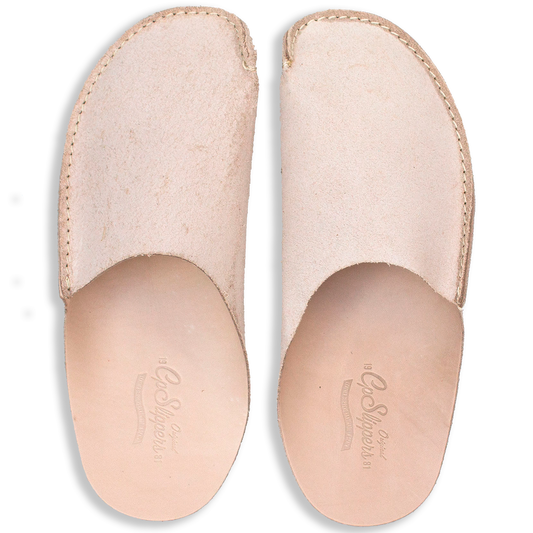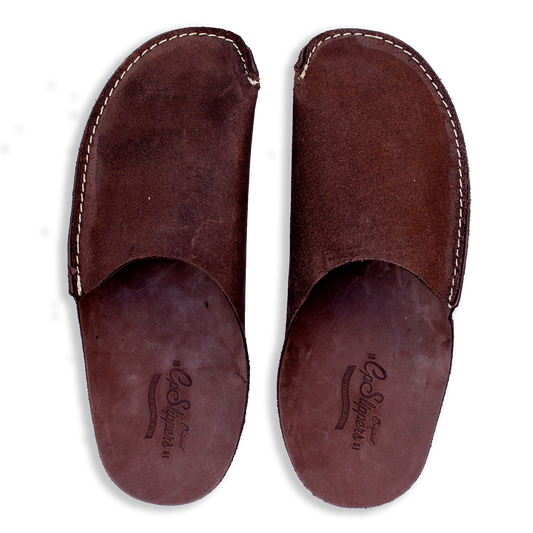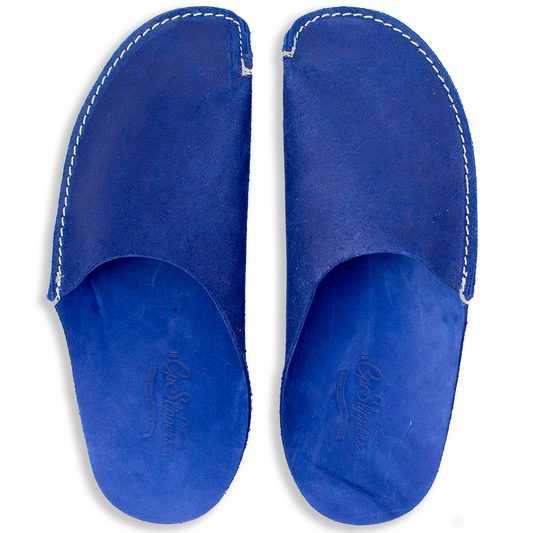Discussing how a barefoot lifestyle can reduce our ecological footprint.
How choosing barefoot or minimalist shoes can help the planet
We consider our clothes, food, and mode of transportation; however, how often do we consider the environmental impact of the shoes we wear on our feet?
Our daily choices count in a time when sustainability is more than simply a catchphrase. Even though shoes may seem like a small factor, their influence is far from negligible. From manufacture to disposal, the environmental effects of shoes are becoming more and more an issue. Fortunately, the minimalist choices and barefoot way of life provide means to walk more softly on the Earth.
The true cost of traditional footwear
Every pair of boots or shoes is behind a long chain of waste and resource use. Usually composed of plastics, rubber, leather, fabrics, foam, and adhesive, most mass-produced shoes are complex, which makes them complex, which makes them Their complexity makes them challenging to recycle and energy-intensive to manufacture.
The process often includes:
- High CO₂ emissions from manufacturing and shipping
- Extensive water usage in leather tanning and fabric dyeing
- Use of toxic chemicals that pollute rivers and harm ecosystems
- Poor labor practices in factories across the developing world
All of this for goods that, more often than not, wear out in a year or two and wind up in a landfill, where they can take decades (or longer) to break down.
Shoe waste: A growing problem
The footwear business has suffered greatly from fast fashion. Affordable, trend-driven shoes abound on the market, pushing customers to buy more and toss faster. But given their multi-material design, shoes are quite tough to recycle or reuse, unlike t-shirts or jeans.
- Millions of pairs of shoes are thrown away every year
- Most end up in landfills, unable to biodegrade
- Very few recycling programs can effectively disassemble shoes into usable components
This adds up to a vast and ongoing waste stream that we usually ignore.
Minimalist footwear: A step toward sustainability
Apart from being better for your feet, minimalist shoes save the environment. Their design concept readily fits sustainability values:
- Fewer materials used in production
- Simpler construction, which can reduce manufacturing emissions
- Greater durability, encouraging people to buy less often
- Lightweight designs, which reduce transportation impact
Moreover, minimalist shoes can be simpler to repair or recycle since they often eliminate synthetic stabilizers, plastic inserts, and heavy padding, so they are definitely more ecologically friendly than highly developed shoes.
The barefoot lifestyle: The ultimate low-impact choice
There’s no shoe greener than no shoe at all.
Every time you decide to walk barefoot—around the house, in your garden, on a hike, or even for a portion of your daily schedule—you remove the need for manufacturing, packaging, shipping, and disposal. That is sustainability in its most unvarnished form.
Walking barefoot is a subtle kind of protest, not only about comfort or health. To put it another way, I need nothing more to feel rooted.
Smart, sustainable footwear choices
Here's how you can make more environmentally friendly choices when shoes are required—and they are often:
- Buy less, but better: Choose high-quality shoes that are built to last.
- Support sustainable brands: Look for transparency, fair labor, natural or recycled materials, and low-impact processes.
- Extend the life of your shoes: Clean them regularly. Repair rather than replace. Rotate usage to avoid wear-out.
- Donate or recycle: If you can’t use them anymore, someone else might. And if not, search for a responsible recycling program.
Every tiny deed matters. These behaviors over time help to create a consumer society that favors lifetime above quantity.
Final thought: Walk lightly, Live intentionally
Though they are indispensable, shoes don't have to cost the earth. If at all possible, we should adopt a barefoot lifestyle and choose eco-friendly or minimalist shoes when needed to greatly lessen the hidden environmental impact underfoot.
Perfection is not what sustainability is about. It's about intent. And occasionally that begins with something as basic as feeling the earth under you and recognizing you already have all you need to move forward.


